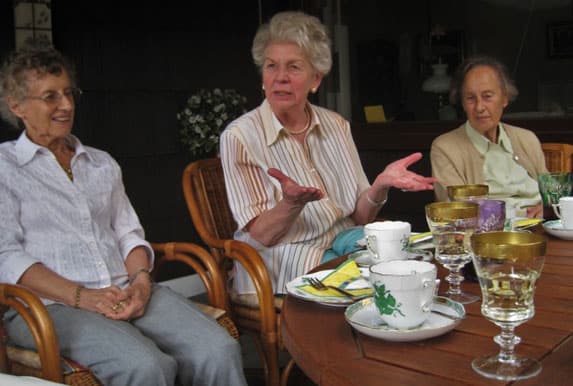
Does your dad forget to take his meds? Is your mom’s house too big for her to maintain? As loved ones age, senior safety becomes a concern. Maybe it is time to help your parents find new living quarters. But what are your options, and what is the right choice for your aging family member?
Keep reading to learn the basic types of senior homes. Hopefully, this discussion will help you determine which kind of living quarters are right for your loved one.
Home Health Care
Many older adults choose to age in place for as long as they are able. As their abilities decrease, the family can hire individuals to assist with a variety of personal and household tasks. Families can hire workers to help their mom or dad with bathing several times a week. They can also hire people to take care of housekeeping duties or to run errands. Some families hire individuals to help their parents get dressed in the morning or get ready for bed at night.
Senior Living Communities
Perhaps your parent enjoys excellent health but doesn’t want to take care of a home anymore. You may consider looking into an independent living community.
The homes in senior living communities are designed with an older person in mind. Often the doorways are wide enough for wheelchairs and walkers. Most have grab bars already installed in the bathrooms, and many of them are designed without steps.
Another benefit of living in a senior community is that there are usually lots of social events scheduled for residents. Some communities offer dining and light housekeeping options. Your mom or dad will never have to cut the grass, rake leaves, or shovel snow again.
Assisted Living
Although the names are not the same throughout the industry, the next level of care for seniors is often called an assisted living community. Often these residents are able to walk or maneuver with a wheelchair. Also called personal care homes, the staff provides meals and assistance with daily living activities such as dressing, toileting, and bathing. These facilities sometimes have trained medical staff on hand to administer medications. Those living in an assisted living facility often still enjoy independence and pursuing their interests.
Memory Care Units
Perhaps your parent has dementia or Alzheimer’s. Even if they can take care of daily living activities, they may not be able to live on their own safely. Memory care units are designed to keep your loved one safe, while at the same time, they allow your aging father or mother to interact with others in the facility.
Skilled Nursing
If your father or mother is recovering from a surgery or is bed-ridden for another health reason, you may need to seek a skilled nursing home. Medical staff work at skilled nursing facilities, and they can provide daily medical assistance for those who have significant health needs. These facilities are sometimes called nursing homes, and they are one step above a hospital.
It is difficult to make decisions regarding the care of your aging family member. Make appointments at several facilities before committing to one particular place.
Featured Image Credit: pxhere


